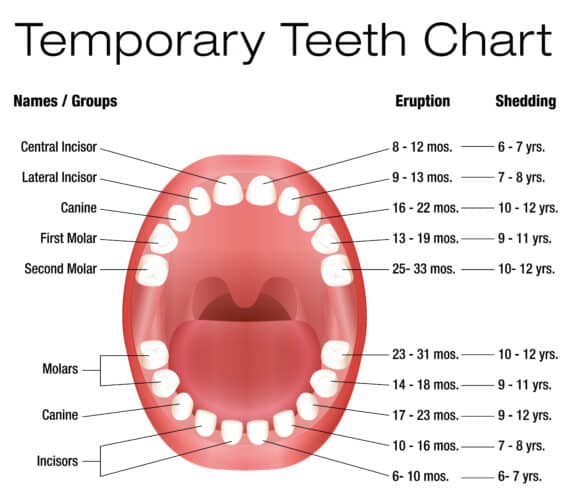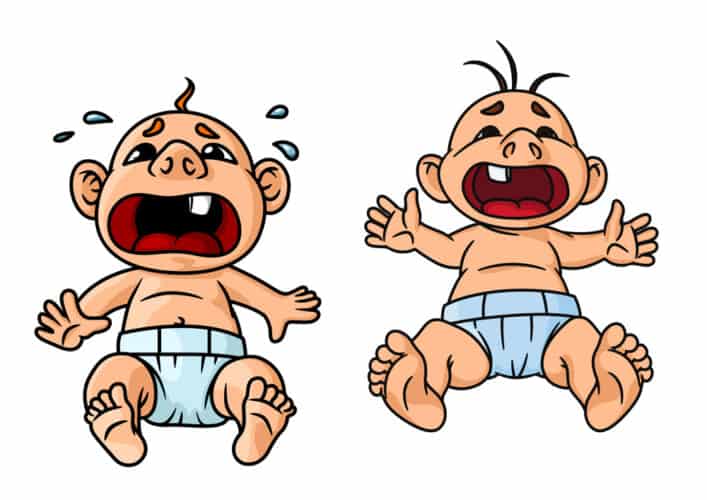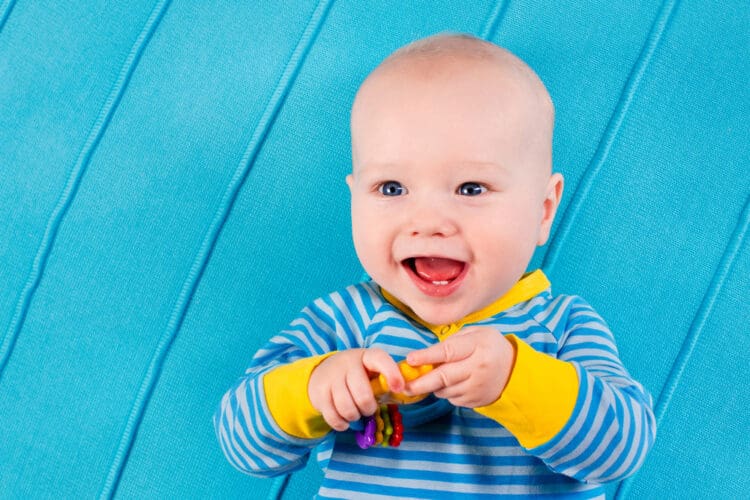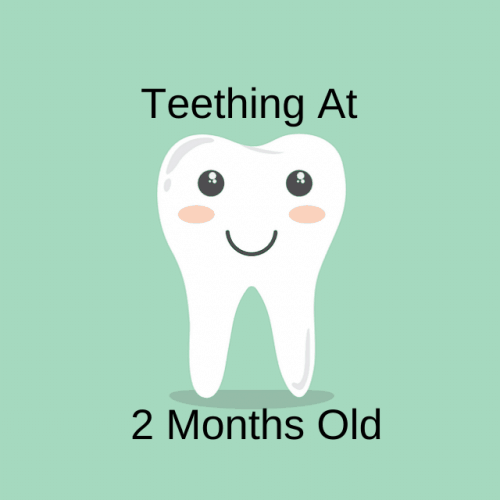Teething While Breastfeeding at Night: What Helps (and What to Avoid)
Your teething baby doesn’t have to make nighttime nursing a nightmare. Learn why babies bite during feeds, how to stop it gently, and practical strategies to survive teething nights while protecting your breastfeeding relationship—all backed by pediatric research and real parent experiences.
Teething Woes: Managing Excessive Drooling in Infants
Excessive drooling in infants, often linked to teething, can be managed effectively with the right strategies. It typically begins around six months of age when new teeth erupt, leading to increased saliva production. While drooling aids in oral health and digestion, it can sometimes be excessive due to teething, birth injuries, or conditions like cerebral palsy and autism. To manage this, use absorbent bibs, provide safe teething toys, maintain good skincare, and ensure proper hydration. However, it's important to remember that if other symptoms accompany drooling, it's crucial to consult a pediatrician. This will ensure the best care for your infant and give you peace of mind.
Helping your Teething Baby: Understanding and Managing the Symptoms of Excessive Drooling
Watching your baby suffer through teething pain can be a heart-wrenching experience. Teething triggers ... Read more

Teething 101: Milestones and Developmental Changes to Expect
Teething is a milestone in every baby's development. It can be a challenging and uncomfortable time for both babies and parents. In this blog post, we'll take you through the process, from the first signs of teething to the emergence of your baby's teeth. We'll also discuss the developmental changes during this time and provide tips to help ease your baby's discomfort.

Soothe Your Teething Baby: Tried and Tested Baby Teething Remedies That Work
Teething can be challenging for babies and parents, but with the right remedies, you can help alleviate your baby's discomfort and promote healthy oral development. Natural remedies like chamomile tea, cold foods, and drinks can help soothe sore gums and reduce inflammation. At the same time, teething toys like rings and pacifiers can provide safe and effective relief. Over-the-counter remedies like teething gels and tablets can also be effective but should be used in moderation and under the guidance of a pediatrician. Whatever remedies you choose, prioritize safety and constant monitoring. With these tips and guidelines in mind, you can help make your baby's teething phase as comfortable and healthy as possible.

Baby Teeth Chart – Teething Timeline
Baby Teeth Chart will tell you when baby teeth begin to grow (or erupt). Learn more about how baby teeth vary in size, shape and their location in the jaws

At What Age Do Babies Typically Stop Teething?Complete Guide to Primary Tooth Eruption
The age at which babies stop teething depends on the child. Some babies start teething as early as a few months old, while others don't start until they start eating solid food. Most children stop teething by 3 years old, but some children don't stop until they're 4 years old or 5 years old.

How Long Do Babies Usually Start Teething?
Teething is a normal part of a baby's development and is an essential milestone for parents to keep track of. It can be an exciting time for parents to watch their baby grow and reach new milestones, but it can also be nerve-wracking for them to figure out when their baby will begin to show signs of teething. In this blog post, we'll dive into the timeline of teething and discuss the factors that can influence how long it takes for a baby to start teething. We'll also share tips on how parents can help their baby through this process and ease any discomfort caused by teething. From when a baby's first tooth appears to when they have all of their teeth, this blog post will provide parents with the information they need to get through the teething process as smoothly as possible.

What It Means When You’re Going Through Teething at 2 Months Old
Teething at two months old is uncommon but can be challenging for babies. As a parent, you can help by using teething gels, providing teething toys, and trying natural remedies. Monitor symptoms like fever, nausea, or diarrhea, as they may require medical attention. Understanding these symptoms can help you better support your baby during this early stage.
Receive the latest articles in your inbox
[insert e-mail subscription form]
